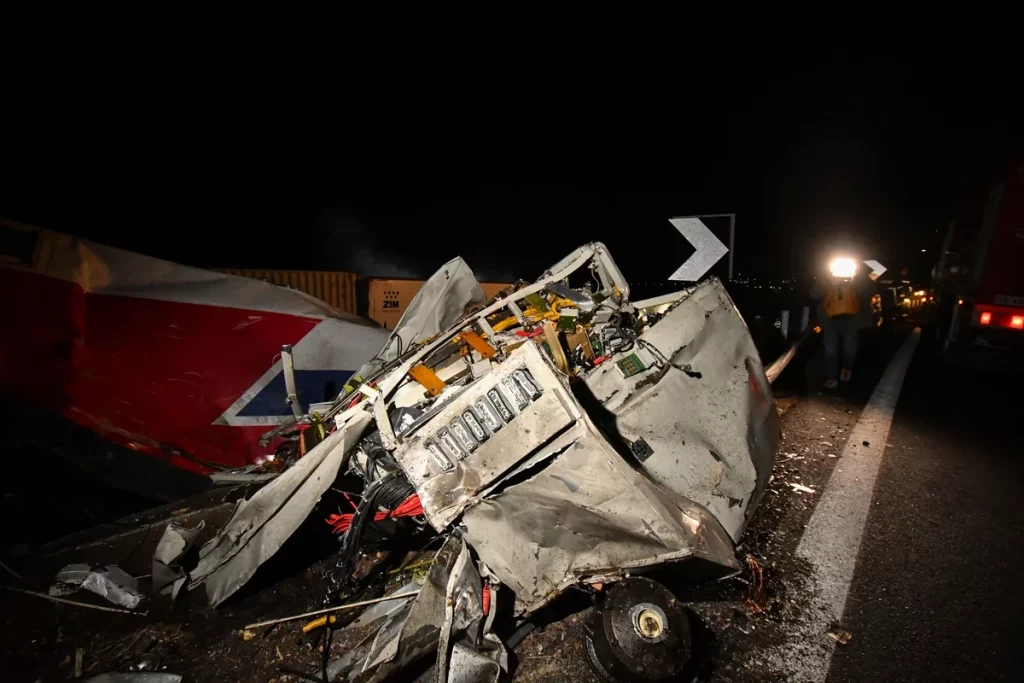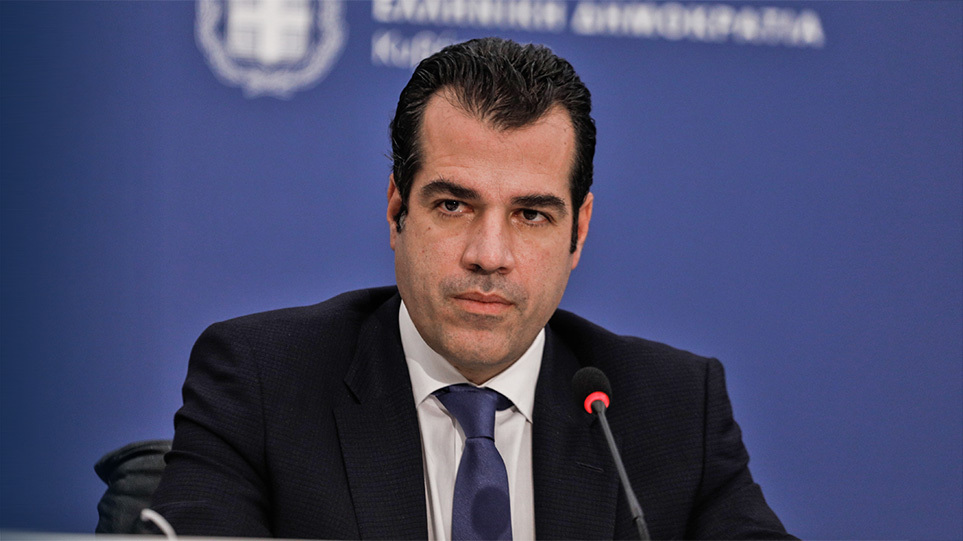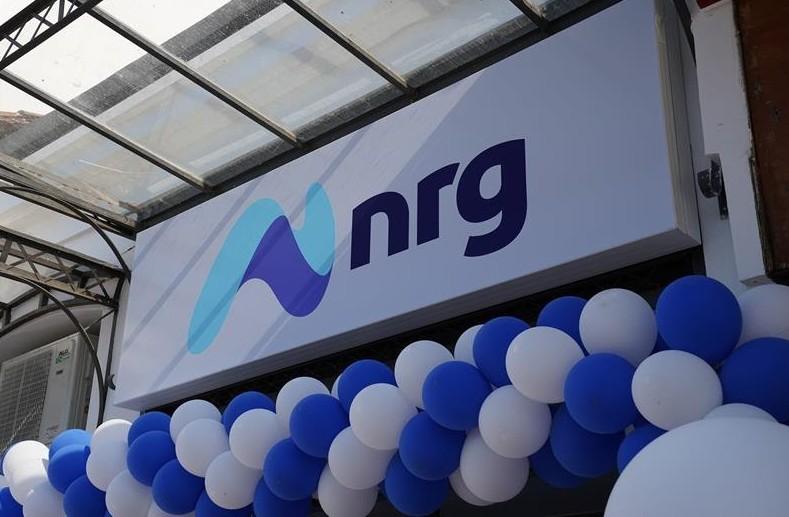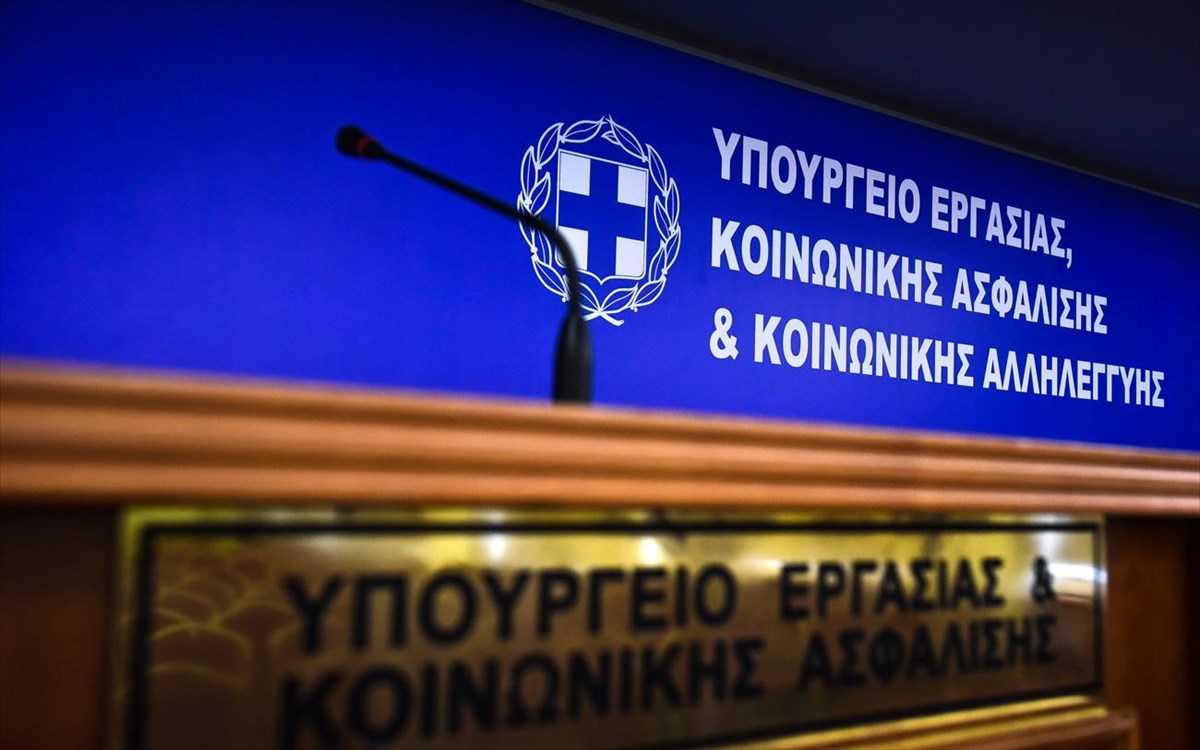A criminal investigation has commenced into the actions of the Larissa rail station master, as the 59-year-old man was taken into custody hours after late Thursday night’s unprecedented train collision in north-central Greece.
The head-on crash of a passenger and freight trains, north of the city of Larissa, has resulted in at least 36 deaths so far, with dozens of passengers unaccounted for and scores injured, including a handful of people treated in hospital ICUs.
Another two individuals, a switchman for the specific segment of the line and a representative of Hellenic Rail, the Greek subsidiary of Italy’s FS, also gave statements to authorities in the wake of the deadly transportation accident.
According to media reports in the country, the detained station master maintained, in testimony given before investigating prosecutors, that he correctly and promptly pressed a button to steer the north-bound passenger train off the tracks being used by the south-bound freight train and onto another line, while reportedly claiming that the “system didn’t”.
Based on reports of his initial testimony, the railways employee said “…I pressed the button normally, as the system is automated to allow for a change in rail tracks. As such, each train would have entered into a different rail line; however, the system didn’t work.”
Other reports, however, state that rail network supervisors must confirm, by sight, that the system has been properly activated and that the tracks switched.
Revisions in Greece’s criminal code in past years have elevated omissions and offenses associated with fatal transportation accidents into felony counts, with a conviction resulting in a sentence of 10 years to life imprisonment – although the maximum time served in the country is now a little more than 19 years.
Meanwhile, two past documents citing rampant problems with rail transports in Greece – daily delays, problems on the main Athens-Thessaloniki line, the repeated cutting of cables and subsequent interruption of service – were the subject of intense scrutiny after Tuesday’s deadly crash.
One document, dated April 27, 2022, shows the head of a project to install the European Rail Traffic Management System (ERTMS) / European Train Control System (ETCS), resigning over what he called his disagreement with the non-implementation of the system along at least two portions of the Athens-Thessaloniki line.
In another announcement only three weeks ago, unions representing rail workers in Greece warned that “…as long as protection measures aren’t in workplaces and for the safe operation and movement of trains, accidents will have no end … we won’t wait for the accident that’s coming.”
Moreover, in a statement on Feb. 15 – https://ec.europa.eu/commission/presscorner/detail/en/ip_23_593 – the EU Commission referred GREECE to the EU Court of Justice “for failure to comply with rules on railway transport.”
Among others, the statement read: “Despite exchanges between the Commission and Greece, the national authorities have still not signed and published the contractual agreement with the Greek railway infrastructure manager, OSE.
“The Commission opened an infringement procedure against Greece in December 2020 and sent a reasoned opinion in December 2021. Since Greece remains in breach of the directive, the Commission has now decided to refer the case to the Court of Justice of the European Union.”








































